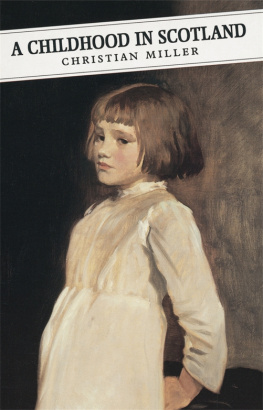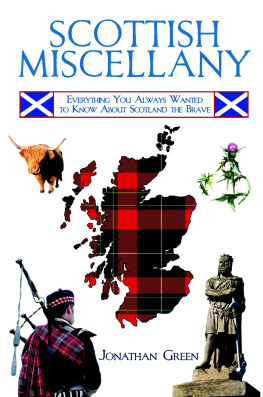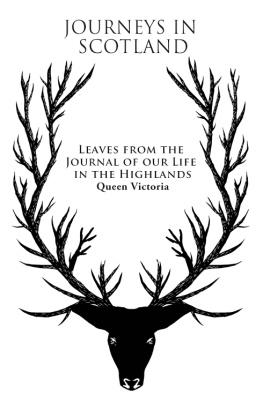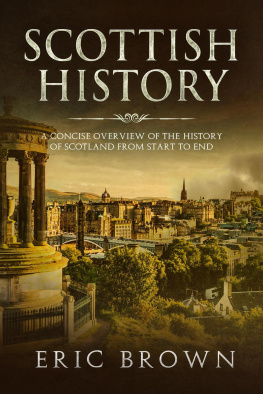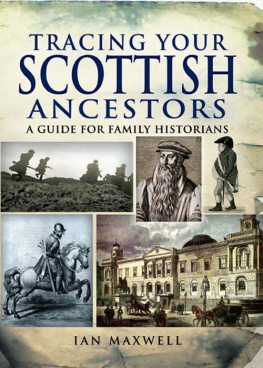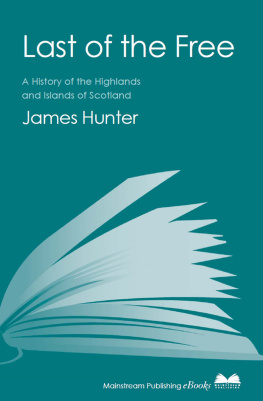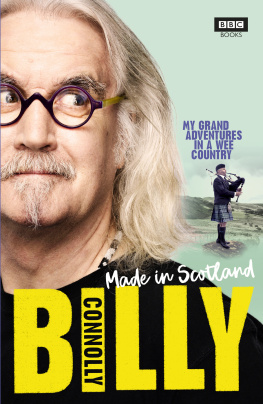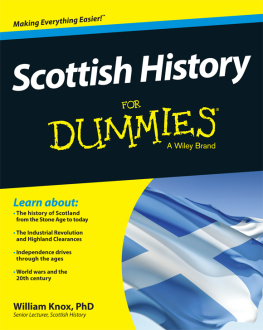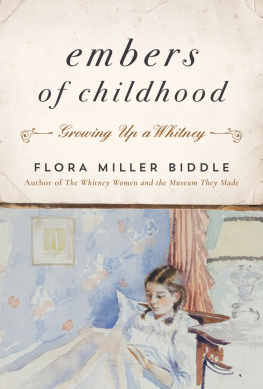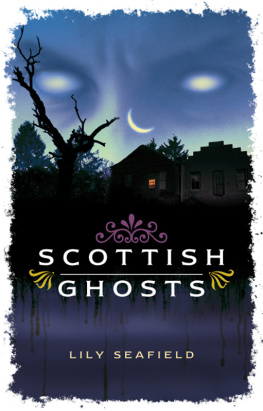In Daisy, Daisy (Routledge, 1980), Christian Miller gives an account of her lone journey from the Atlantic to the Pacific coast of America. The journey of nearly 5,000 miles was made, give or take one Greyhound bus and several more or less bizarre lifts, on a bicycle most emphatically made for one an eleven kilo folding job that one might hesitate to take further than the local supermarket. Its rider was in her late fifties, a grandmother and not an athlete, not even a practised cyclist. I had been sure, she writes, that if I had so much as taken even the tiniest bit of extra exercise to prepare me for the ride, I would have found that some bit of me ached so badly that I would have been put off the whole idea. Her impossible but successful project is punctuated by personal triumphs and miseries as well as a series of serendipitous encounters and experiencesshe marks its end by taking supper with a group of smelt fishers on the Pacific coast of Oregon.
She presents as the greatest privilege of her travels her sense of total freedom, of liberation from the persistent responsibilities of being a daughter, a wife and a mother. One morning I woke up and realisedwith considerable amazementthat nobody needed, any more, to know where I was. My mother had died, my children had grown up and my grandchildren belonged to them, not to me; my husband was happily occupied, and I myself had no job to tie me down. From time to time in her narrative she recelebrates the astonishing exhilaration of being her own woman: It was a type of freedom unknown in my past life, where almost every action had been conditioned by the needseither physical or psychologicalof somebody else. It is a freedom which Christian Miller recognises as necessarily temporary since freedom from the claims of others is equally escape from the self that these claims have helped to construct. It is at her moment of greatest helplessness that she is most self-aware. She is sitting in the foothills of the Rockies contemplating their insurmountability. She is already suffering from mountain sickness: I felt dizzy and weak, and in the pit of my stomach a demoralising feeling was lurking, like the dull weight that, as a child, I had experienced on my way to the dentist. Her need at this point is not for untrammelled freedom but for connectionthe intrepid, sufficient grandmother can comprehend her feeling only by identifying it with a childhood fear.
It is now something of a clich in discussion of autobiographical writing to speak in terms of self-creation and to find special problems in the formation of the female self. Yet it is impossible not to feel that A Childhood in Scotland must involve a journey as momentous and dangerous as the traversing of a continent. The recovery of childhood is a process which is at least likely to produce metaphors for the self and to arise from a need to connect and appraise. Christian Millers writings show her as rather impatient of the pretentious and portentous. Her adult response to remarks like these might well be a tart, Does she think I dont know who I am? much as the child wanted to shout at her mothers friends insincere interest, Did she really think I didnt know a sheep when I saw one?
It is true that there is nothing in A Childhood in Scotland like the conscious aesthetic ordering of Virginia Woolfs reminiscences. It is more convenient artistically to suppose that we were going to St Ives, for that will lead to my other memory, which also seems to be my first memory, and in fact it is the most important of all my memories (A Sketch of the Past). Such exposure of the constructedness of her narrative is inconceivable from Christian Miller. Nor is there any sign of the writers trickery that is so tellingly and understandably used by Mary McCarthy in Memoriesof a Catholic Girlhood to excoriate her cruel, mean-spirited Uncle Myers. In comparison with these literary self-creators Christian Miller is surely transparent. Her memoir, we feel, is simply a question of how things were, unlike anything we could have known but made available for our half-admiring, half-reproving appreciation of difference. And, of course, a substantial part of the memoir was originally published in the New Yorker addressed to a North American audience likely to be engaged primarily with what must have seemed to them a fascinatingly anachronistic way of life. The piece is full of information about shooting, sheep-dipping, heirlooms, ancestors and ghosts. Evidently what is on offer is a castle rather than a child. But in the end, Christian Miller, while still elusive, is more up front than this suggests.
Mary McCarthys Memories were also first published in the New Yorker and in Harpers Bazaar. Thus both she and Christian Miller have had two shots at their narratives. They have responded in very different ways to this opportunity. Mary McCarthy recounts in the book version that she has been accused of writing fiction or more simply lies. She then prints the original versions along with a commentary that admits their dubious points. This strategy retains the impact of the first writing while still suggesting scrupulosity. Christian Miller, we may assume, was equally accused of error and exaggeration after her New Yorker piece. In the later book version (John Murray, 1981) she must have been responding to some extent to disbelief or disagreement, particularly about the behaviour of her father whom she never in any real sense knew. This father, the first version firmly states, beat us irrespective of age or sex. This is more sweeping but less telling than the revised version: I dont remember what punishments were meted out to my elder sisters, but possibly because I may have ranked as a sort of substitute boy I was also occasionally beaten, although usually I was only severely smacked. She goes on to detail a specific painful occasion. This then becomes more clearly a matter of irrefutable personal memory. Even-handedly she adds the section on her mothers distress when the children were being punished and on her poor fathers bizarre upbringing which might a little mitigate his own unlovingness.
Such additions quietly assert truthothers more clearly point to the difficulty of self-formation and self-esteem in an unsociable, impersonal environment. These additions act to achieve subtle shifts of significance in the remaining parts. She adds her kind nanny who did not smack her. And she picked me up and cuddled me, before putting me in my high chair outside the open nursery window starlings and sparrows chirped in the ivy. I was happy. She adds the romance of Mademoiselle with her singing footman who briefly brings community into the nursery: I hugged the snuffling, sleeping dog, and wondered why it was I felt so happy. Most movingly she adds the morning of her fourth birthday in her mothers bed: I shrieked with laughter, and rolled over and over, down into the hollow from which my father had risen. Here for a moment she has a proper place that includes both parents even if her father is signalled only by his absence. These additions act not to contradict an earlier impression of emotional loneliness but to enhance itthat which should have been habitual was exceptional.
Jean Rhys contemplates and despairs of the version of herself in her looking-glass when she is nine years old (Smile, Please); Virginia Woolf from the age of six or seven would stand on tiptoe to gaze guiltily at her face in the hall looking-glass (A Sketch of the Past); when her grandmother forgets the word for mirror, Mary McCarthy finally comprehends that she is senile, has lost herself. It is not surprising that in her second version Christian Miller remembers to recall the tall gilt-framed looking-glasses of the Big Drawing Room. From down this mysterious gallery of glass innumerable small girls gazed back at me, silent, wondering, strands of their hair lifting in unison with my own. The innumerable small girls simultaneously offer and deny multiple possibilities: they are all of them Christian yet in the whole memoir Christian is never Christian. She has no name, she is the younger Child, an honorary boy. Her dog collar belts proclaim her to be Rover or Thunder or Trust.

